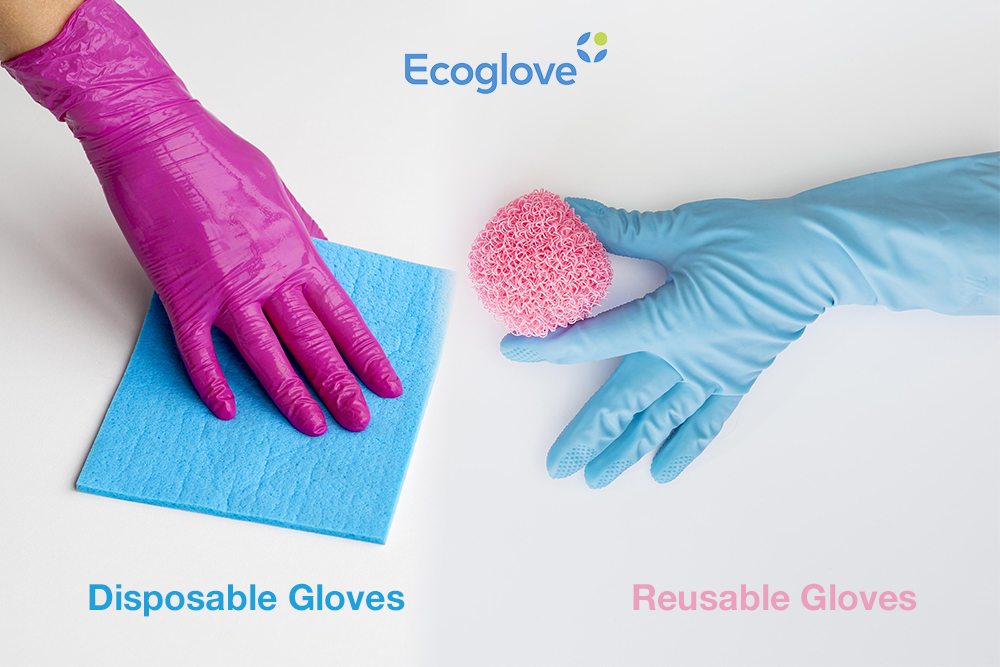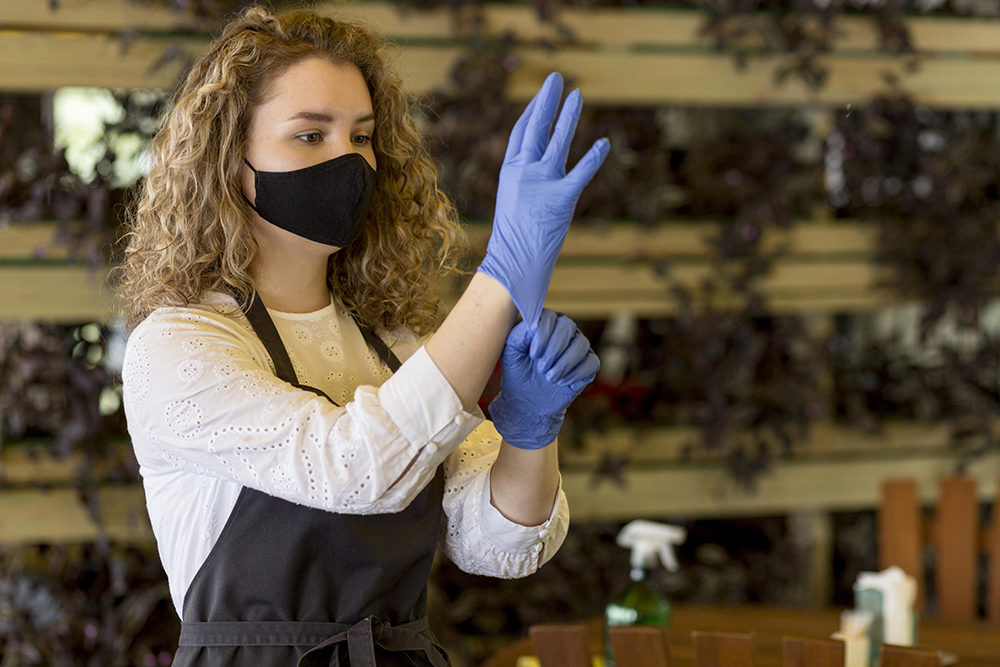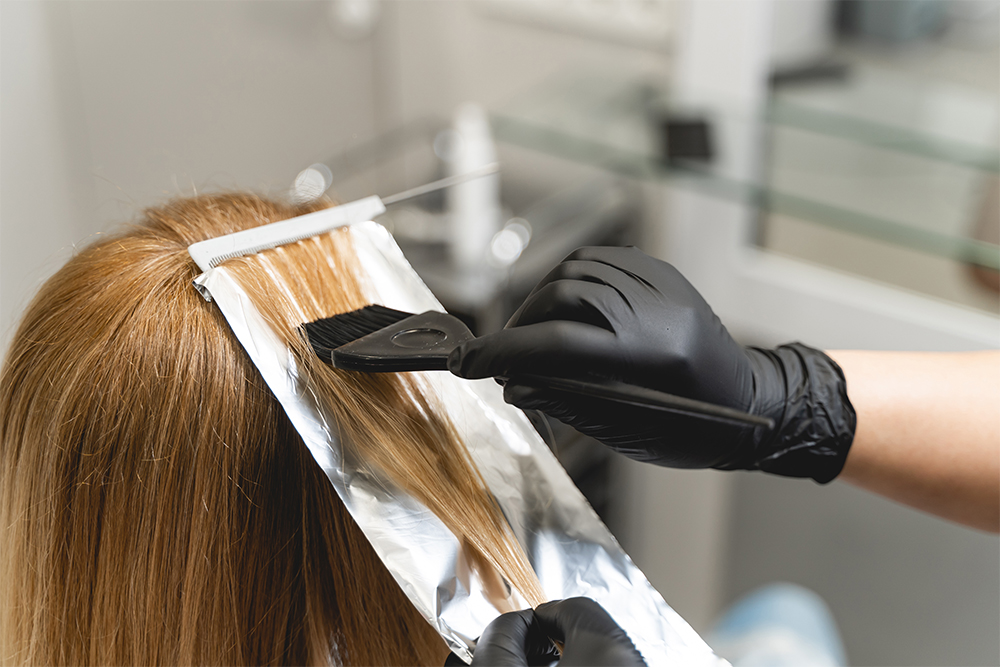If your job often leaves your hands dirty, you might be considering which practice is better—wearing gloves or simply washing your hands. When it comes to hygiene and protection, the choice between washed hands and gloves depends on the context and purpose. Both options have their advantages and specific applications, particularly in settings where preventing the spread of germs and contaminants is essential.
Handwashing vs. Gloves Comparison
Effectiveness: While washed hands can be very clean, gloves offer an additional layer of protection that handwashing alone cannot provide, particularly in environments with a high risk of contamination.
Convenience: Gloves offer greater convenience in situations where frequent handwashing is impractical or when ongoing protection is necessary.
Limitations: Gloves can become contaminated and must be used correctly, which includes proper donning and doffing techniques. They should be changed regularly, and hands should still be washed before putting on and after removing gloves to ensure optimal hygiene.
Skin Health: Frequent handwashing can result in dry and irritated skin, while gloves can safeguard hands from these problems. However, extended use of gloves, particularly latex ones, may trigger allergic reactions or dermatitis in certain individuals.
In conclusion, both handwashing and gloves play essential roles in maintaining hygiene and safety. For optimal protection, it is often best to combine both practices: wash hands thoroughly and regularly, and wear gloves when extra protection is needed. By understanding the benefits and limitations of each, you can ensure a higher standard of cleanliness and safety in various environments.





